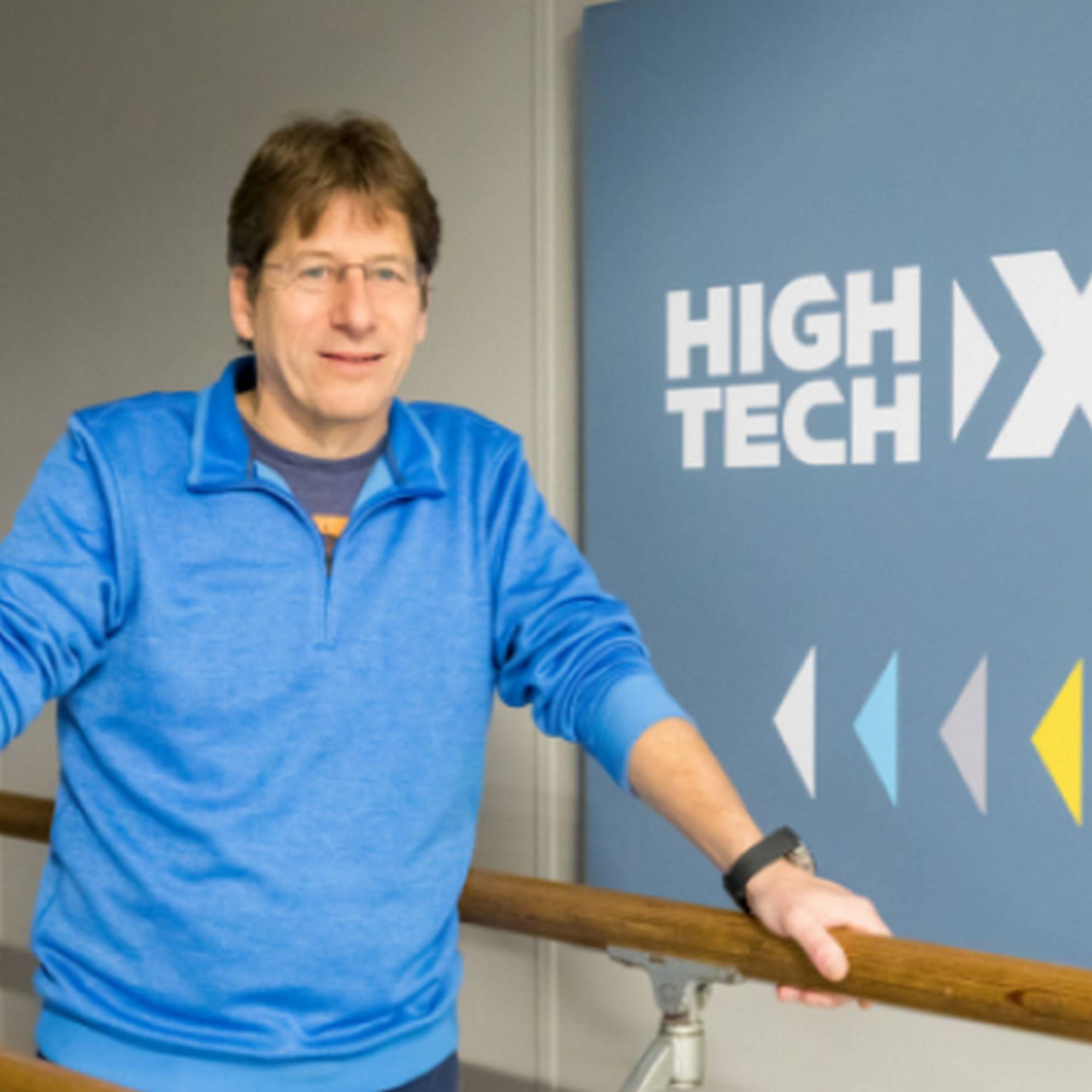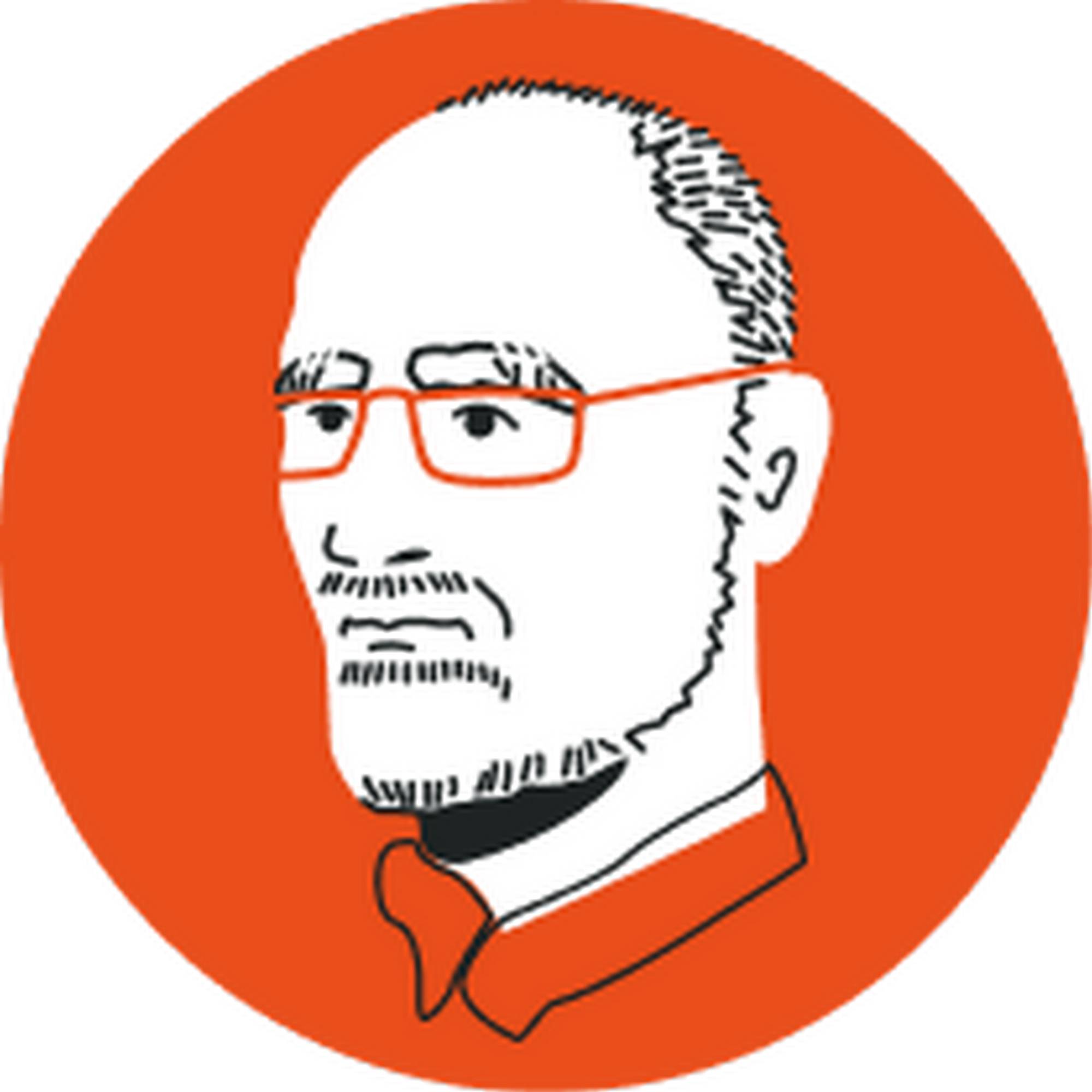In his seminal book, The Death of Competition: Leadership and Strategy in the Age of Business Ecosystems, Moore defined a business ecosystem as: “[…] an economic community supported by a foundation of interacting organizations and individuals—the organisms of the business world. The economic community produces goods and services of value to customers, who are themselves members of the ecosystem. The member organisms also include suppliers, lead producers, competitors, and other stakeholders.”
Not all ecosystems are the same
As in nature, not all business ecosystems are the same, and there is no guarantee of survival.
Successful examples of business ecosystems tend to have one lead “orchestrator” that drives the ecosystem, but this not always the case. The definition of “orchestrator” can also be different, depending on the specifics of the ecosystem and its participants. One general truth is that each business ecosystem has its unique traits and characteristics—the result of its different and diverse members and goals.
Tech giants like Alphabet, Amazon, Apple, Meta and Microsoft are among the well-known companies that create and lead business ecosystems of suppliers, customers and complimentary third-party service providers, but these are not the only examples of a business ecosystem at work.
The world’s famous tech hubs—Silicon Valley, New York City, London, Singapore, Tokyo, to name but a few—are also correctly described as business ecosystems, though here they are not necessarily organised around one main orchestrator. Rather they are formed by a diverse mix of factors, with innovation often coming from highly competitive start-ups usually financed by private equity funds seeking short-term returns. The world’s biggest tech hubs also tend to be synonymous with the world’s top-ranked cities and are among the most expensive places on the planet to live and do business.
Technology parks offer another model for a successful business ecosystem to thrive by bringing the expertise and resources of like-minded companies and businesses together with universities and local municipalities in one physical place built specifically around the idea of collaborative work and long-term value creation for all members.
Technology parks, with their campus environment, are natural homes for innovation to flourish. State-of-the-art custom-built R&D labs combined with community space and natural landscaping create a relaxed, informal environment that supports collaboration. The aim is to create a community that stimulates innovation, idea generation, and problem solving and to bring new ideas successfully to the market. An added benefit is that the synergies that drive the success of technology parks also drive long-term sustainable growth for the communities where they are located.


